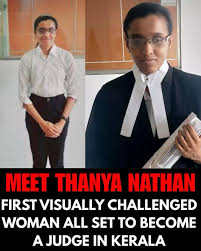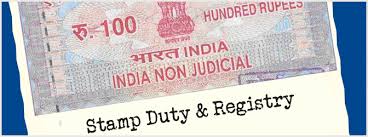M.S. Menon, J.@mdashThe question involved in the case is the construction of S. 3, Cochin Verumpattomdars Act, 8 of 1118, and the order referring this Second Appeal to the Pull Bench reads as follows:
This Second Appeal raises an important and novel question regarding the construction of proviso (1) to CI. 1 (f) S. 3, Cochin Verumpattomdars Act 8 of 1113.
An extent of 4 cents of land comprised in a lease of 1098 situate within the municipal limits of Trichur was sought to be recovered in the suit giving rise to this second appeal. Defendant 2. in whom the leasehold interest of this portion of the holding vested contended that though the lease related to lands situate within municipal limits, by reason of proviso (i) to CI. 1 (f) of S. 3, Verumpattomdars Act there was fixity of tenure with respect to it. Proviso (i) of CI. (f) of S. 3 furnishes an exception to an exception. Section 3 exempts certain lands as also certain kinds of lease from the operation of the provisions in the Act relating to fixity of tenure and Cl. (f) thereof relates to leases of land situate within municipal limits. But proviso (1) thereto says that lands used for the cultivation of paddy within municipal limits shall not fall within the purview of the restriction contained in CI. (f). It is common ground that the land in question was used for cultivation of paddy both at the time of the lease and when the Verumpattomards Act was enacted. But when the suit was brought it had ceased to be used for that purpose.
It is fairly clear on the evidence that it had practically been converted into a paramba. The Courts below took the view that the proviso referred to would apply only to a case where the land continues to be used for the cultivation of paddy and that the exemption provided there under will not enure for all time. According to the Lower Courts and the respondent, the crucial point of time is the date of the suit and not the date of the lease or when the Verumpattomards Act became law.
This view is seriously challenged by Mr. T. S. Venkiteswara Iyer, the learned counsel appearing for defendant 2 - appellant. His contention is that as the land was used for the cultivation of paddy both when the lease was granted and when the Verumpattomdars Act became law, by the combined operation of the proviso referred to above and S. 4 of the Act the tenant obtained an absolute right to fixity which could be displaced only as provided in S. 8.
There is no decided case in this or in the Cochin High Court where the question came up for consideration. The question might arise frequently hereafter and we think it desirable to have an authoritative Pull Bench decision about it. As the case involves no other point we will refer the case itself for decision by a Pull Bench.
2. Section 3 of the Act provides that it shall not apply to:
(a) lands owned by Government; or
(b) leases granted by a usufructuary mortgagee or by any person holding under or deriving interest from him; or
(c) leases of any building owned by a landlord including a house, shop or warehouse and the site thereof, together with the garden or land appurtenant thereto; or
(d) leases of land or of buildings or of both for industrial or commercial purposes; or
(e) leases of land or buildings or of both in the Willingdon Island; or
(f) leases of land situate within the limits of the Municipalities constituted under the Cochin Municipal Act. 18 of 1113; provided that the restriction contained in this clause shall not apply to -
(i) lands used for the cultivation of paddy within the limits of the Municipalities; and (ii) lands held in ''Tharikuthu'' right within the Municipal areas in the Chittur Taluk." and what we are concerned with is the point of time at which lands within a Municipality should be used for the cultivation of paddy in order to have the benefit of the Act.
3. The three points of time that arise for consideration are:
(a) the date of the lease;
(b) the date of the Act; and
(c) the date on which eviction is sought.
The emphasis is definitely on the demise - all that "the exception to an exception" does is to bring within the ambit of the Act two types of leases within the Municipalities, namely, (a) leases of lands used for the cultivation of paddy; and (b) leases of lands held in ''Tharikuthu'' right in the Chittur Taluk - and though the matter is not free from difficulty we think that the date intended to be material is the date of the lease and no other.
4. To accept as the material date any date subsequent to the date of the demise will be to clothe the tenant with the power to obtain at his discretion the benefit of the Act by adapting the land of paddy cultivation. However great the anxiety of the Legislature may have been to ameliorate the conditions of a long-suffering peasantry, it could not possibly have intended to confer on a party to a bilateral instrument the right to acquire by his own action the privilege of permanency and the benefit of the Act.
5. In this view the Second Appeal has to be allowed and we do so with costs throughout.

